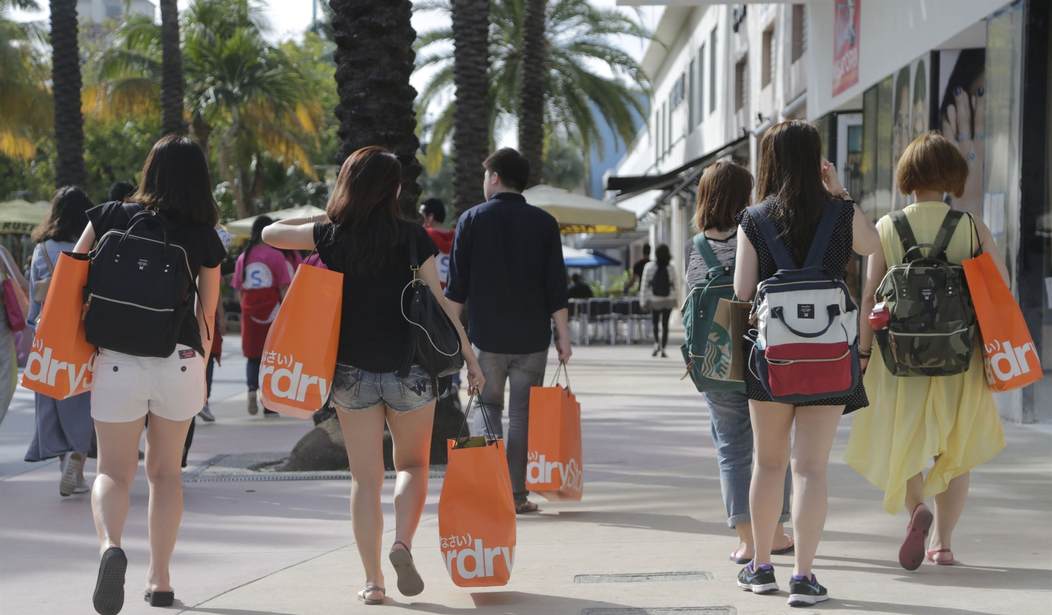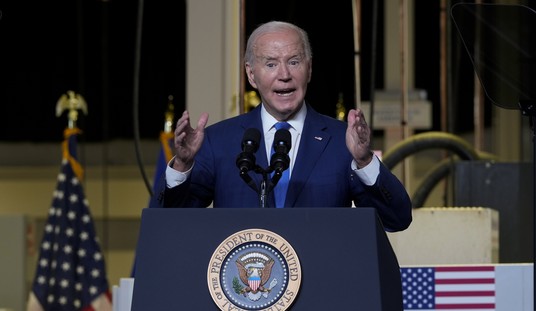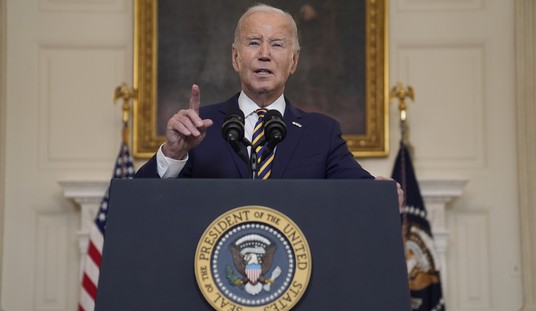You must be lonely. The media say loneliness is everywhere in America.
A Los Angeles Times columnist says, "There's a mass loneliness crisis going on."
"Capitalism is Making You Lonely," says Jacobin Magazine.
Vox claims, "Capitalism makes us feel empty inside."
As usual, the media are just wrong.
In my new video, historian Johan Norberg points out that, "There's no empirical data that actually shows that we feel more lonely now than we did in the past. ... When researchers compare people with previous generations at the same stage of life, they don't find evidence of increased loneliness."
"But more people live alone now," I say. "I would think that would make people lonelier."
"What they never tell you in the reports," Norberg replies, "is that people who live alone and spend less time surrounded by other people are also more happy with those relationships."
In addition, "When people around the world are asked, 'do you have relatives or friends you can count on to help you?' People in countries (like America) where more people live alone, usually say, 'yes.'"
But in India and China, more people say they have no one.
"It's the complete opposite of what people expect," Norberg says. "In less market-based societies, 20% to 40% say they have no one to count on if they need help. In the richest and most individualist societies, it's in the low single digits."
On a YouTube channel with 1.7 million subscribers, a socialist says, "Material incentives of capitalists isolate us from nature, each other and ourselves."
Norberg replies, "I understand why those charlatans get an audience, because at times we all feel lonely."
Recommended
But his new book, "The Capitalist Manifesto," points out how capitalism makes life better, including making people less lonely.
"Every poll shows that people say that they're less lonely in the most market-oriented societies."
I push back. "Under capitalism, people compete. Sounds divisive. Sounds like it would pull us apart."
"Feudalism, communism, fascism, that's divisive," he replies. "All are based on getting resources by taking them from somebody else. Capitalism forces us to think, 'What does the other guy want?' The most important aspect of capitalism is cooperation. (It's) why every time you buy something, you hear this double, 'Thank you.'"
It's true yet kind of odd. When I pay, both the salesperson and I usually say, "Thank you." It's because I get the product I want, and they get my money. I want their product more than the money. They want my money more than whatever they are selling. We both feel we win.
"In the market economy, we do each other services constantly. That's how we get richer," adds Norberg. "No deal ever happens unless both parties think that they benefit."
And here's another twist to that. He says capitalism makes us generous.
"It sounds surprising (but) for many years, lots of researchers around the world have looked at how generous people are when they're playing different economic games."
In one such game, the experimenter gives a person a sum of money and tells them to divide it with a stranger any way they choose. The only condition: the stranger must accept the offer. If the other person refuses, nobody gets anything.
In capitalist economies, writes Norberg, "the most common offer is to split the amount fifty-fifty; the recipient is so offended by bad offers that they usually say no if offered less than 30 per cent."
Researchers have now done this test all over the world, and to their surprise, they discovered that, "People are most generous in capitalist societies."
In fact, on average, they offer twice as much as those in the least capitalist societies.
"The closer people live to marketplaces, the more generous they are," Explains Norberg. "If they constantly buy and sell and negotiate, they begin to take other people's interests into consideration. That's what markets do. They do affect our character, but not in this way that the critics say. They don't make us more divisive and aggressive. They make us more generous."
Capitalism is good in many ways.
























Join the conversation as a VIP Member